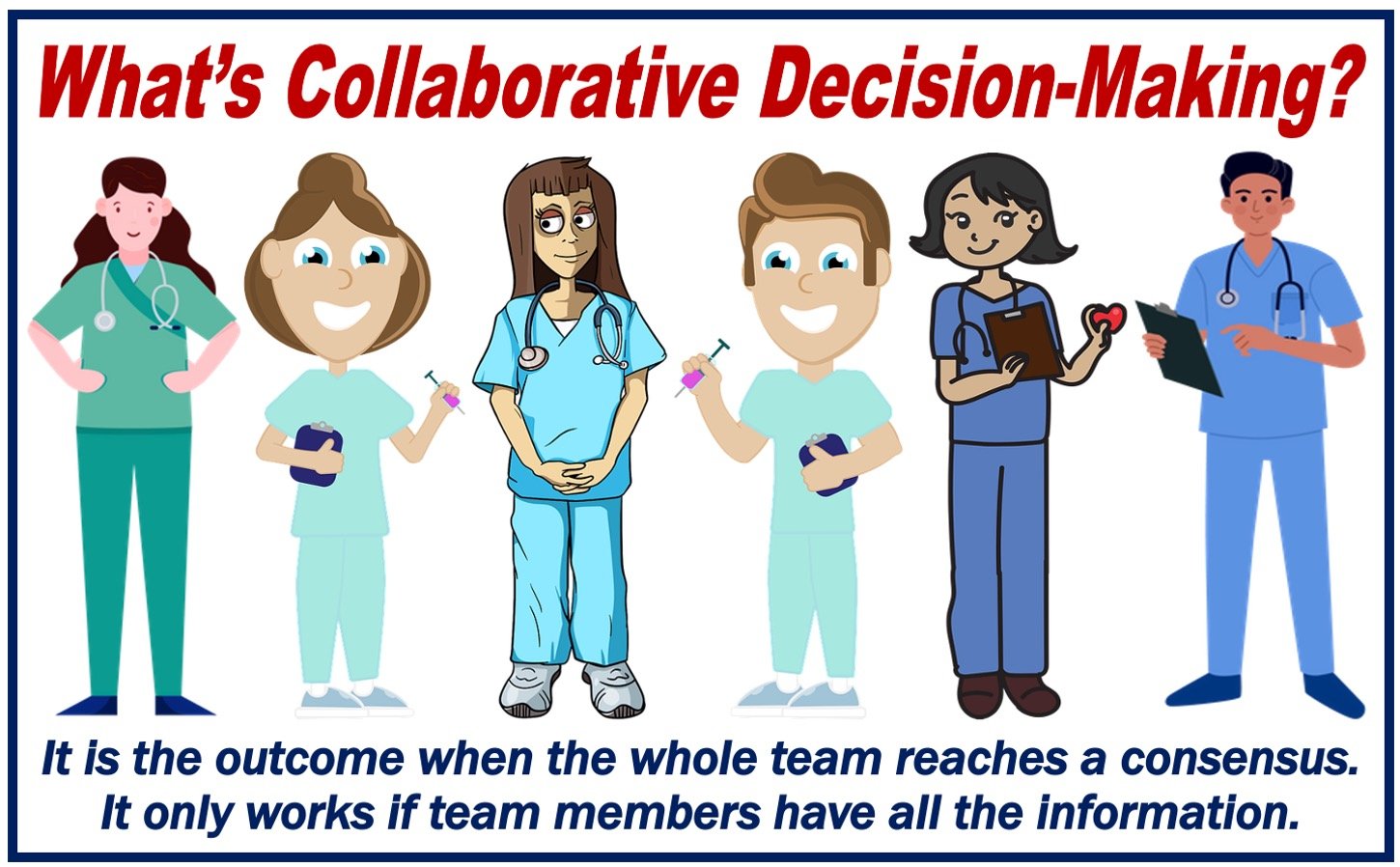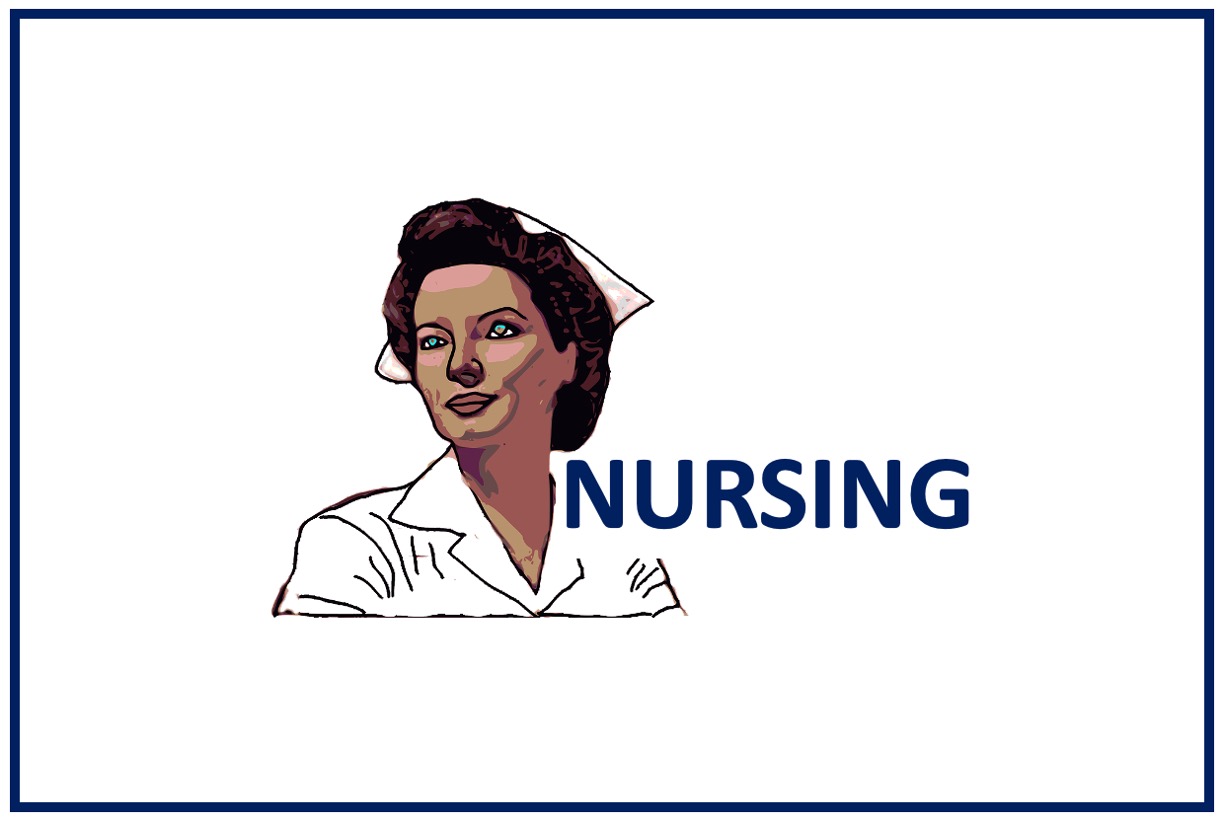As the world emerges from the COVID-19 pandemic, the damage caused to national economies and to people afflicted by the illness or isolated in lockdowns is only just beginning to become apparent. It’s fair to say, however, that healthcare systems across the world became worryingly overburdened during the crisis, an experience that left many frontline healthcare professionals close to ‘burnout’.

Nurses were among the health professionals who were on the frontline of this global emergency from the outset, facing the daily challenges and providing urgently needed leadership and clear communication to steer a course through the human suffering and fear it brought in its wake.
Although the stress placed on the shoulders of these professionals left many feeling exhausted, there are good reasons for seeing this as a ‘glass-half-full’ story, not a ‘glass-half-empty’ one. As Forbes recently noted, despite the grueling work conditions that the crisis imposed, nursing is still seen by many of its practitioners as a ‘dream career’ with great prospects for professional growth and progression for those who possess the requisite clinical, leadership, and communication skills.
Here’s a quick run-through of the key leadership and communication aptitudes that keep the most gifted nurses ‘keeping on’, no matter how tough the going gets.
Key leadership and communication aptitudes of successful nurse practitioners
Nursing is a profession with clear pathways for career progression. However, with that progression comes the requirement that more senior nurse practitioners possess consummate leadership and communication capabilities.
Thankfully, any full-time nurse holding an accredited BSN degree today can begin their career advance by obtaining ‘next-level’ professional qualifications without giving up their job to return to school. The growing trend in favor of gaining career-advancing qualifications from home, around existing work and family commitments, has been made possible by technology.
Many busy nurses are now opting, for example, to study a fully accredited, advanced online nurse practitioner program. Offered by well-established campus universities, these high-quality programs allow nurses to upgrade their qualifications from the comfort of their own homes, without sacrificing their income or their family commitments.
One of the outcomes of such higher nursing degrees is that graduates emerge equipped not only with deeper clinical knowledge and skill, but also with admirable leadership and communication proficiencies.
Key leadership and communication skills possessed by successful senior nurses include the following.
-
Collaborative decision-making




Good leadership isn’t about telling people what to do, but about bringing innovative ideas out of one’s team. The arts of facilitating mutually respectful but free-thinking group discussions, coaching more junior team participants, and guiding them when they seem lost are the key aptitudes here, not issuing instructions and orders. A spirit of cooperative team collaboration is thereby skillfully fostered, with participants sharing a sense of professional accountability and responsibility for their actions and decisions.
-
Managing team relationships
High-quality patient care rests upon a foundation of collaborative teamwork involving a broad array of professionals. Such collaboration should also honor the values of the organization in which such shared care is practiced. Senior nurse practitioners play a critical role in fostering this vital collaboration, partly through the arts of collaborative decision-making described above, but most crucially through exemplary communication abilities.
For good relationships to thrive, clear and comprehensible information has to be mutually understood and implemented by all. Again, communication can’t be reduced to a checklist of instructions: it has to be hearable and understandable to those charged with bringing the information it seeks to share to practical life.
Tone of voice, personal warmth and empathy, unfussy clarity of oral (and written) expression, and the ability to listen attentively and actively to team members’ (and patients’) own concerns and statements are all required ‘in concert’ to forge this inestimably valuable communication expertise.
The ingredients of effective communication will be provided in the course material for an accredited Master of Science in Nursing (Family Nurse Practitioner) degree. Learning how to write demanding essays effectively is a critical learning experience for this vital aptitude, as is oral communication of ideas with fellow students and faculty.
Just as solid communication abilities and exemplary leadership skills can’t be separated, another integrally related dimension of effective leadership and communication is sometimes described as ‘knowing how to read the room’.
This simple phrase conceals an extraordinarily intricate process of multiple simultaneous processing – of verbal and non-verbal (behavioral, postural, and facial expression) communications, of discerning the shared norms (and interpersonal politics) within groups, of sensing who may be in need of encouragement to speak, of extending compassion to team members in difficulty, and of marrying all this with an awareness of the allegiances and motivations of the group’s stakeholders.
This may seem demanding and arduous to attain and to sustain, and the truth is that it is. However, it’s also profoundly personally rewarding and fulfilling for those who master these coveted proficiencies.
Interesting related article:
















